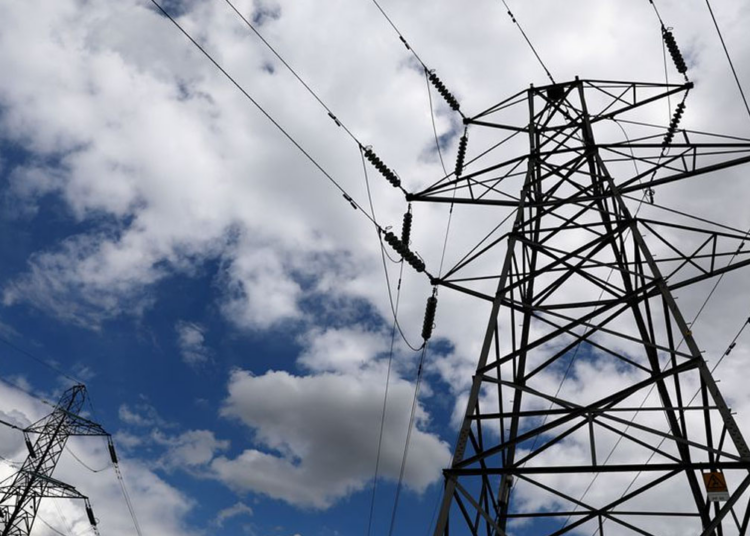
For over a week, Northern Nigeria has faced prolonged blackouts following a critical breakdown in the national grid, prompting a wave of frustration from both leaders and residents in the affected areas. The outage began when two key transmission lines from Ugwuaji to Makurdi tripped on October 23, leading to a significant loss of 468 megawatts. The Transmission Company of Nigeria (TCN) has struggled to resolve the fault due to difficult terrain, security concerns, and logistical delays, including setbacks caused by a “sit-at-home” directive in the Southeast, which slowed down response teams and limited access to key areas.
TCN officials dispatched specialized teams from both the Apir and Enugu transmission sub-regions to inspect the 215-kilometer stretch of affected transmission lines, but the search was hindered by swamps, rivers, and dangerous areas, complicating efforts to locate the exact fault points. A partial restoration has been attempted through a 132kV line from New Haven to Apir, but large portions of the North remain without power, with minimal updates on when full functionality will be restored.
Northern leaders have expressed deep dissatisfaction with the federal government’s response, arguing that the situation highlights broader issues of infrastructural neglect and inadequate investment in the energy sector. They warn that prolonged power outages could further destabilize the region’s economy, disrupt essential services, and worsen unemployment. The reliance on costly generators has also added financial strain on businesses and residents, who face rising fuel prices.
Critics are calling for an overhaul of Nigeria’s power infrastructure, stressing the importance of reliable energy to support industrial growth and economic development. Amid these calls, TCN faces pressure to quickly address the grid’s vulnerabilities and to implement preventive measures that would mitigate the risk of future outages. For now, the government’s efforts to restore power in Northern Nigeria remain a critical concern, with leaders demanding swift and decisive federal intervention to end the crisis and ensure energy security for the future.




